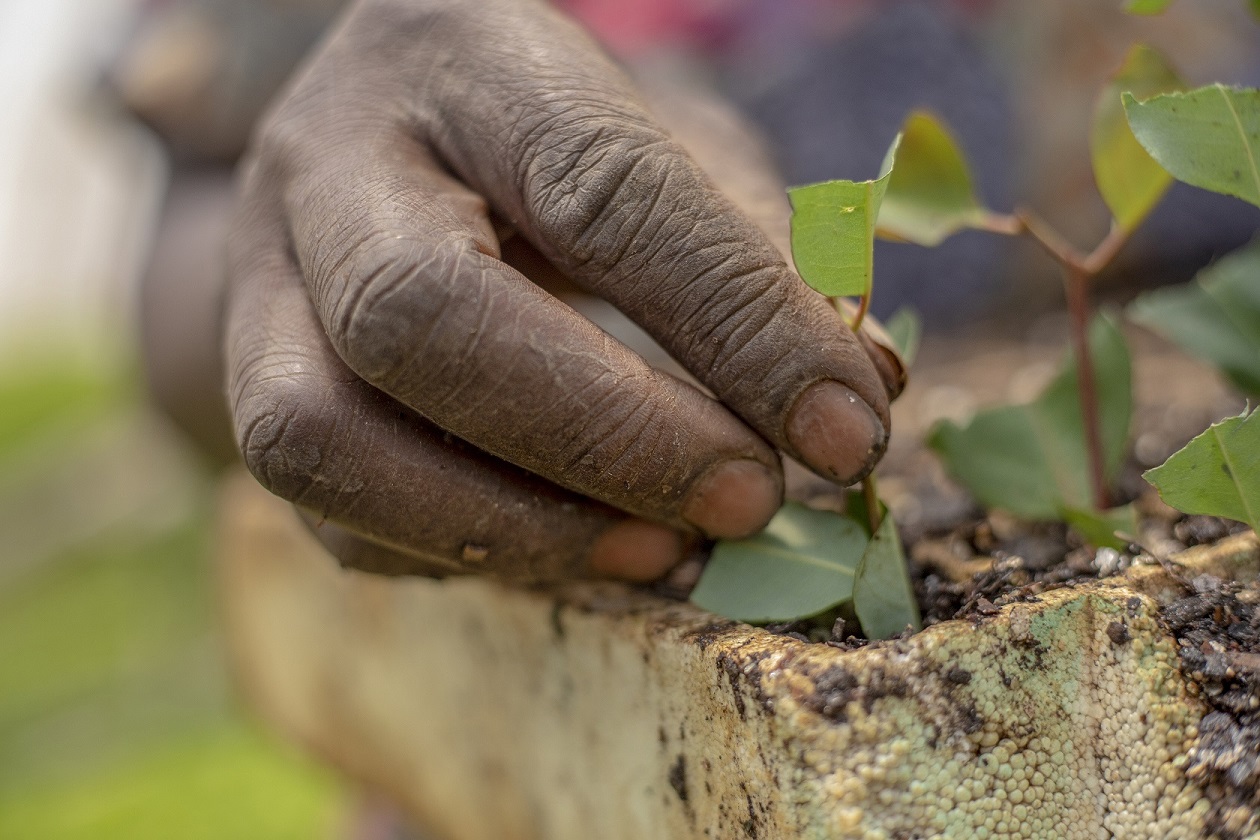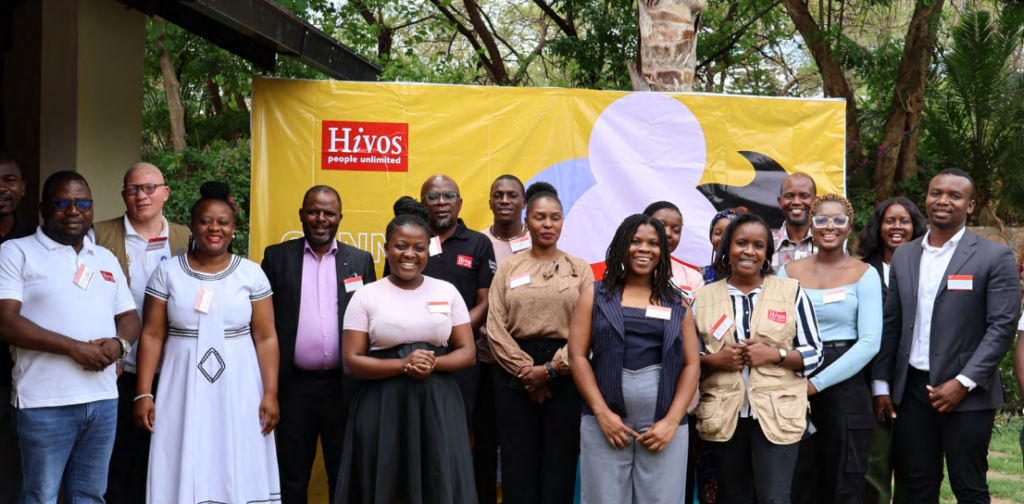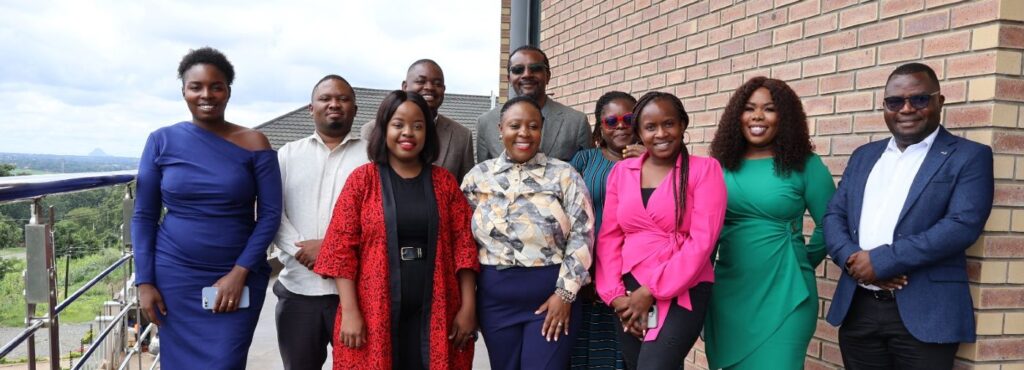Technology set to change agriculture practices post-COVID lockdowns
Technology might change agricultural practices in Zimbabwe for good, once COVID-19 pandemic lockdowns have ended. This emerged when a women’s entrepreneurial training program was almost derailed because stakeholders couldn’t do required site visits on farms due to stringent lockdown rules. Drone technology came to the rescue, doing the work faster and more efficiently than otherwise would have been possible with human visits.
Hivos in partnership with the Netherlands embassy, the Zimbabwe Agricultural Development Trust (ZADT) and Zimbabwe export promotion board, ZimTrade, are partnering women farmers in a project called Zimbabwe Food for Export Masterclass (FEM) 2020. This program will build the capacity of 20 female entrepreneurs in various aspects of horticulture, dairy production, food processing, and food export business with a view to turning women-owned agri-food enterprises into successful exporters using the latest production methods and business practices. The program will train the female entrepreneurs on issues around certification, value chain development and growing bankable business plans.
“At the time of the lockdown, we had shortlisted 30 candidates and were in the process of assessment visits to enable us to select the final 20 that would be supported and be trained under the program,” Hivos’ Project Officer Tambudzai Madzimure said. “We had to abandon plans mid-way once the lockdown was declared.” Fifteen women were eventually selected for the training.
The Government of Zimbabwe put in place COVID-19 response mechanisms, which initially included a 21-day national lockdown from 31 March to 19 April 2020 which was subsequently extended indefinitely until further notice. The lockdown was to mitigate the spread of the novel coronavirus by promoting social distancing and encouraging people to stay at home. ZADT’s innovation came to the rescue.
ZADT in collaboration with Alley Capital Group (Pvt) Ltd ACG piloted and rolled out the use of drones and audio-video technology for on-site project assessments with minimal human interaction and interface, allowing safe social distancing under COVID-19 lockdown.
ZADT director Godfrey Chinoera explains: “Through the technology, ZADT managed to carry out and complete 16 on-site project assessments for targeted female entrepreneurs under the FEM2020 program in four days using a single set of the technology and a two-member team, compared to the initial set of 11 physical visits over 10 days by two teams of two to three members each. It’s very clear and evident the drone audio-video technology provided prompt, high service quality at minimum cost, while promoting human well-being; the systems are easy and quick to deploy due to their high portability.”
ZADT, Chinoera said, noted opportunities for the drone technology in agriculture in the following three areas.
- Topographic survey services to produce 3D models and orthomosaic or aerial photographs geometrically corrected to uniform scale as maps for agricultural applications or general mapping;
- Precision agriculture (smart agriculture) in crop spraying services ensuring high cost efficiency; intelligent control to ensure effective and precise volumes of chemicals are applied; and
- Guaranteed convenience; easy field access, wet ground, high crop canopy or uneven terrain easily accessed with equal efficiency.
This is seen revolutionizing the agriculture as farmers migrate from manpower-based practices to technology.




